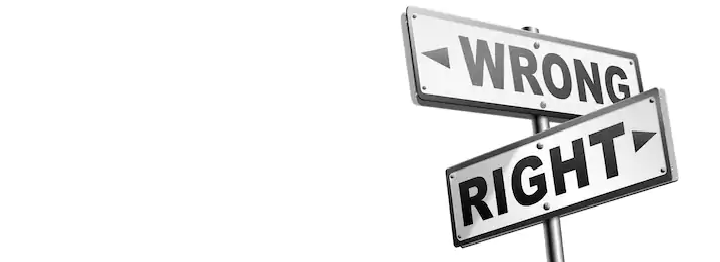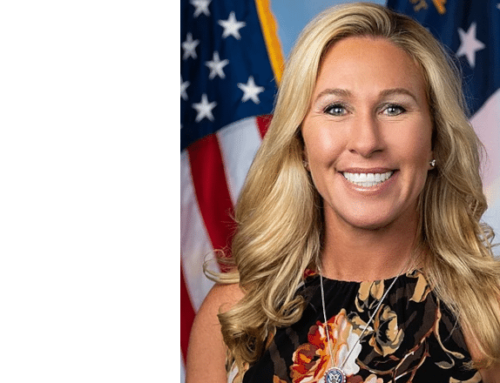Catholic League president Bill Donohue comments on a Gallup survey released June 1:
Half the nation, 49%, say moral values in the U.S. are “poor.” This is the highest percentage ever recorded on this issue since Gallup first asked about it in 2002. Only 37% say moral values are “fair,” and a mere 14% say they are “good.” Moreover, 77% say moral values in the U.S. are getting worse; 18% think they are improving.
The American people are conflicted on moral issues. Even though more than three in four say our moral values are collapsing, a Gallup survey taken a year ago found that “Americans Hold Liberal Views on Most Moral Issues.” Consider the following.
More Americans find morally contentious practices acceptable today than ever before. For example, sex between an unmarried man and woman is now found to be morally acceptable by 7 in 10 Americans (69%); gay or lesbian relations register a 63% approval; having a baby outside of marriage is at a record high approval rating (62%). Pornography is gaining acceptability—the 36% figure has never been higher—and the same can be said of polygamy, which now receives an acceptability rating of 17%.
What does this tell us? It tells us that Americans know in their hearts that some behaviors are morally wrong, but they have a hard time passing judgment on them. In other words, they know in their gut that the state of our moral values is getting worse, but they also feel the pinch of the dominant culture’s embrace of moral nonjudgmentalism.
Here’s the rub: The more we find morally contentious behaviors acceptable, the more likely we are to conclude that our moral values are deteriorating. This paradox is a function of immaturity: We refuse to stigmatize the very behaviors (e.g., having kids out-of-wedlock) that convince us that our moral values are collapsing.
It would be wrong to say that we are opposed to stigmatization. We are not. Ask smokers. Did stigmatizing smokers work? Yes, smoking has declined dramatically. But when it comes to other behaviors, we wimp out, following the lead of elites in the dominant culture. So we lose.
Gallup needs to broaden its questioning. It needs to ask the American people how they think people like Samantha Bee are helping to drive our morals south. Indeed, Hollywood merits its own survey—it has had more to do with crafting our morally debased culture than any other factor.







